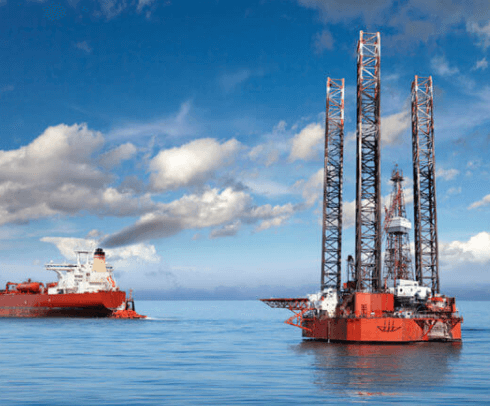Electrical and electronic enclosure cooling systems for oil and gas applications and other hazardous environments.

“The sales team has been very helpful and informative and we appreciate her time, expertise, and help.”
David F.,
Mechanical Engineer
Class 1, Division 2, Groups A-D Certification (purged or non-purged).
Effective cooling even in high temp environments with precise control to within ±0.5°C.
Standard units operate in environments as hot as 140°F/60°C with custom models available up to 170°F/77°C.
Typical MTBF of 150,000 hours.
We offer more standard and custom configurations than any other
manufacturer including NEMA rated, Class 1 Div. 2, MIL Spec, and CE certified units.
Worldwide demand for oil and gas has continued to escalate in response to population expansion in developing markets. As old oil and gas fields are depleted, new exploration continues requiring ever increasing drilling, production, storage and distribution needs. In addition, the desire for faster and more efficient production has dramatically increased the demand for state of the art electronic control systems and processes. This coupled with the need for safety in the presence of highly flammable gases and liquids has presented significant challenges to keeping these systems running smoothly.
When reliability and safety are paramount, EIC’s enclosure cooling systems are there to keep processes running smoothly by protecting computers, instrumentation, process controls and other electrical/electronic equipment from damaging heat, dust, moisture, and corrosion.
Explore Our Applications
Explore the stories behind our products.